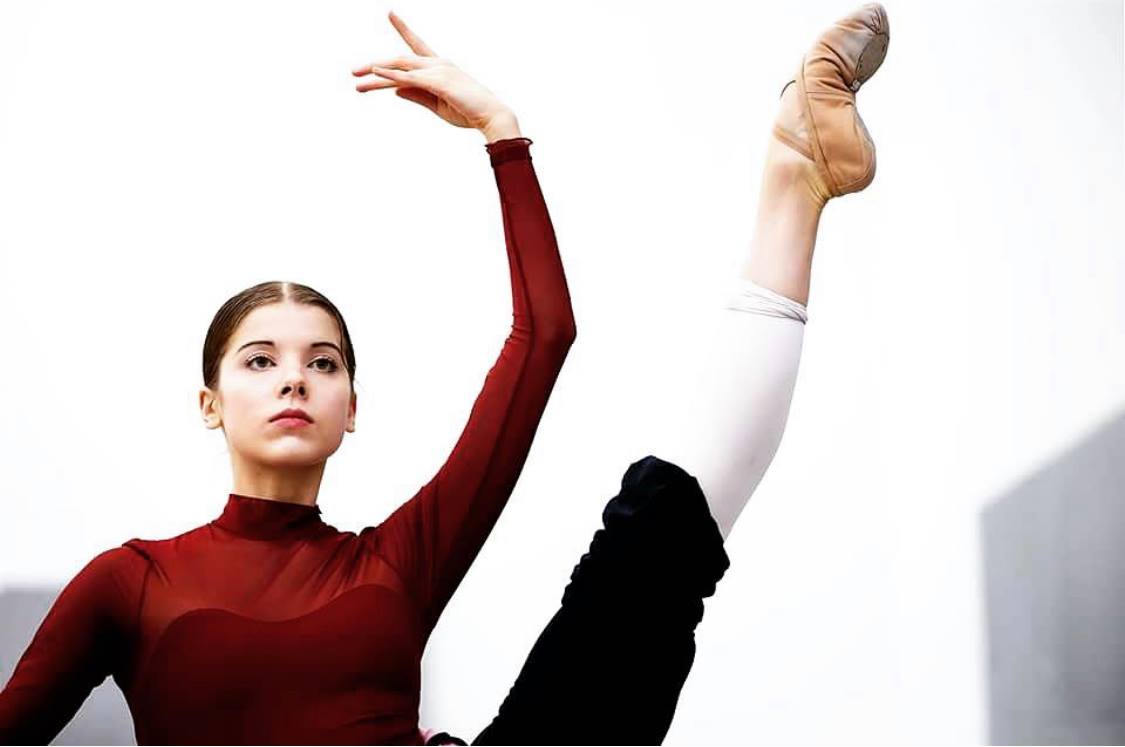Written by Suvi Honkanen
How To Feel Motivated Instead of Defeated by Your Goals
When I was still a ballet student, I had very rigid goals for myself. Win this competition, dance that role by a certain age, become a soloist withing five years of company life, the list went on. Soon enough, I was only focused on results, not the process. Small victories didn’t bring me joy, because all I could see was what I hadn’t yet achieved. I was motivated by and totally attached to external recognition.
Spoiler, I never achieved half of the things I promised myself. And despite my absolute certainty that achievements would bring me joy, they never did. Momentarily, perhaps, but it was never sustainable. My sense of accomplishment and meaning was completely tied to results that ultimately, were more or less out of my hands.
There has been a noticeable amount of research on the topic of goals and motivation in recent years. A Harvard Business School report titled “Goals Gone Wild: The Systemic Side Effects of Over-Prescribing Goal Setting”, found that overemphasizing on goals, especially ones based on measurable outcomes, often leads to reduced intrinsic motivation, irrational choices, and unethical behaviour. Focusing only on the result can make a person a slave to achievement simply for achievement’s sake. An obsessive relationship with goals has been linked to burnout, anxiety, dissatisfaction, and depression.
Now, goal setting can be very beneficial. Crucial, even. Without goals, perhaps we’d be hovering around aimlessly without any purpose and drive. They can motivate, excite, and push us to do our best. However, it’s important to be conscious of what kind of goals you set for yourself and how.
Short term vs. long term goals
Unrealistic goals are bound to leave one disappointed. Before deciding that by the end of the week you will master 64 fouettés, take a moment to evaluate what you can actually accomplish in a given time. Is this a short term or a long term goal? Both are important: a long term goal is like a north star you are traveling towards. But studies show that the dopamine we get from achieving something helps us keep motivated. Therefore, setting short term goals can be helpful along the journey. What is your goal for this class? Or for this week, or this month?
Write it down
Writing your goals down can help with clarifying your intrinsic motivations and intentions. Writing can also work as a tool to keep yourself accountable and on track with your progress. A diary-like journal can be extremely therapeutic and useful especially in moments of stress and anxiety. But be conscious of what kind of words you are using: are you writing about yourself and your progress in a kind, empathetic and encouraging way, or are you putting yourself down? A great way to check the language you are using is to ask yourself: would I write this to someone who I love and care about?
Focus on the process and enjoy the work
Dancers often feel as though they are in a rush to improve and accomplish. The body has a limit, the career has an expiration date. Time is ticking, every passing day is either a day closer or further away from your goals. I certainly remember hating every birthday because my goals were tied to a timeline. There was always this underlying feeling of being a little bit behind, of losing time.
When one shifts the focus to the process of achieving a goal instead of the goal itself, time becomes less relevant. What will start to matter and feel meaningful is the daily work. For example, instead of focusing on becoming a principal, one might find more freedom, joy, and purpose by focusing on the process of becoming a principal. This way, it is more likely that one finds purpose in the baby steps, the small victories and the progress instead of in the outcome, which one can rarely control. It’s the love of doing the work involved in achieving your goal, not the goal itself.
The thing with goals is, is that if they become the main focus and purpose of our actions, we easily lose sight of the intrinsic reason for doing what we do. Sometimes we become so fixated on goals that we forget why we started in the first place, or why we love something, or why it brings us joy. Most children who fell in love with dancing fell in love with movement, music, and expression, not with the idea of winning or achieving a certain status. Training for recognition or awards can become dull, meaningless, shallow. The motivation to dance comes from somewhere completely different. For me, it is an intrinsic, deep, meaningful belonging in music and movement. What is it for you? That is what you can always go back to, no matter when, no matter what age. That stays forever.




